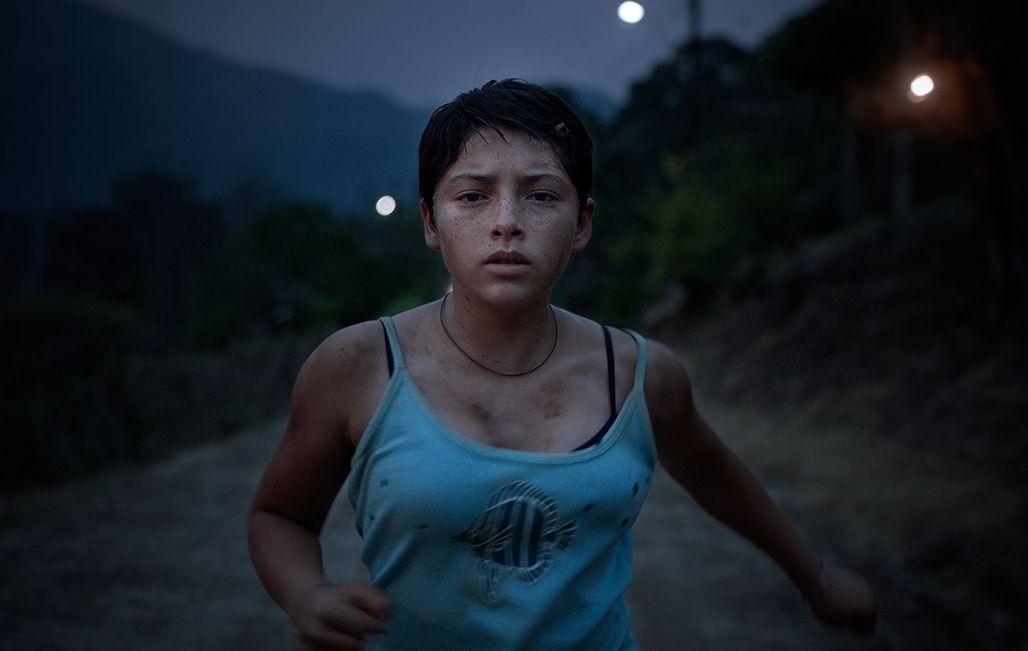
Noche de fuego (Prayers for the Stolen) as seen by Tatiana Huezo

Mexican director Tatiana Huezo moves from the world of documentary to fiction with Noche de Fuego (Prayers for the Stolen), her first feature film presented in Un Certain Regard.
Tell us how your film came about.
This film encouraged me to look at the world through the eyes of a child. That was my driving force, trying to understand that first vision of life: why does it erode as we grow up?
I immersed myself emotionally in this childlike universe from my own experience, I have a 9-year-old child that I see growing up every day, her world, her magic makes me look in the rear view mirror, those moments when you feel alone and disturbed in the face of the harshness of life. I found the characters, three little girls, fascinating in Jennifer Clement's novel Prayers for the Stolen.
The violence in Mexico also inspired Noche de Fuego (Prayers for the Stolen).
What was the atmosphere like during the shooting?
I come from a documentary background and this is my first fiction film. Probably one of my biggest challenges, after working for 15 years with a small crew of 10 people.
Silence and concentration were two of the most appreciated values on the set. On the other hand, the children needed to make the space their own: a week before starting to shoot they got familiar with the objects, the beds, the furniture, their toys…
A few words about your actors?
It took me a year to find the six little protagonists of the film. It wasn't easy because the story takes place in two stages, childhood and adolescence. We had to find three 9-year-olds and their teenage clones. The preparation of these children, who come from the rural world, was intense.
There is also the work of the professional actors, in particular the actress Mayra Batalla, who plays Ana's mother. She adopted both Ana, the child and the teenager. They got angry, they forgave each other, and they laughed out loud during those nine weeks of shooting, when we were isolated from the world.
What made you want to become a director?
I grew up in the countryside, with cows and goats, my mother painted and travelled far and wide to sell her crafts. I spent a lot of time alone, with my sister and a farmer who took care of us during that time. The space for play and freedom was incredible during my childhood, there was no TV at home, few rules. I also think that my filmmaking came from there.
After a few years in the country, we moved to Mexico City, and when my father couldn't find anyone to watch me, he would take me to the film centre. We saw films by Lynch, Wenders, Tarkovsky, Fassbinder… When I was 10 years old, these films overwhelmed me, the cinema opened a powerful window to dreams. The only thing I wanted to do in life was to provoke in someone else the same thing I had felt in front of the screen.


